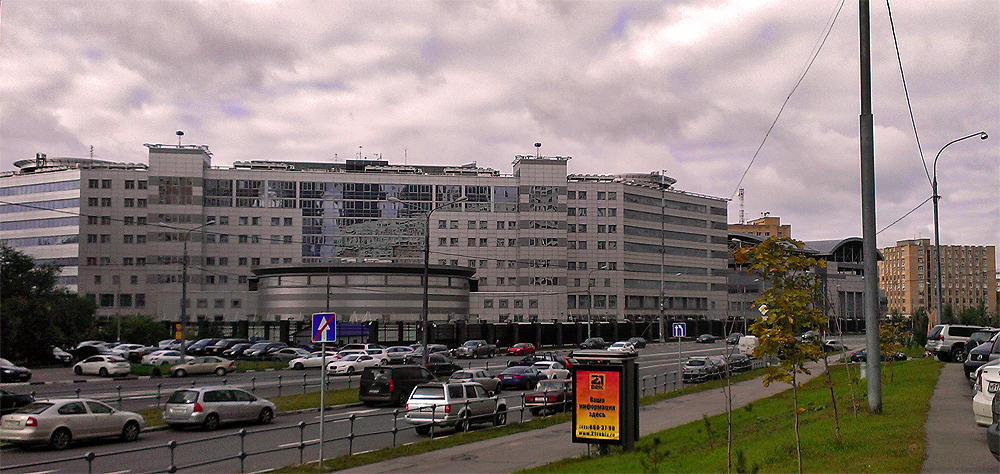
Russia Monitor is a review of the most important events related to Russian internal and external security, as well as its foreign policies.
Date: 22 December 2020
Bulgaria Expels Russian Military Attaché for Spying for GRU
Bulgarian authorities expelled a senior diplomat in the Russian embassy in Sofia over alleged espionage. He is the sixth diplomat to be expelled by Bulgaria throughout 2020 for suspected espionage. The official had worked for the GRU military intelligence service and had been seeking sensitive military information, including on the U.S. military activity in Bulgaria.

Bulgaria’s foreign ministry informed about the case on December 18. Bulgarian authorities have given a Russian diplomat 72 hours to leave the country due to activities incompatible with his diplomatic status. This euphemism comes most often in cases of diplomats involved in espionage activities. The Bulgarian prosecutor’s office issued a separate statement alleging that from 2017 until now the diplomat “has engaged in spying activities, during which he collected military information, including about the numbers of U.S. troops deployed on Bulgarian territory during exercises.” Prosecutors and counterintelligence officers at the State Agency for National Security also added they had evidence that the diplomat had been in contact with a Bulgarian citizen with access to classified information to whom money had been offered. The expelled diplomat is a Russian military attaché, thus one of the top embassy employees. Usually, and not only in Russian diplomatic facilities, this job is taken by military intelligence officers of their respective states. However, the Russian embassy said the diplomat was the military attaché, and that Moscow reserved the right to take retaliatory steps. Possibly the Russians will expel a Bulgarian diplomat whose rank is comparable to that of the Russian military intelligence spy. Russia expelled two Bulgarian diplomats in October, nearly three weeks after two staff at the Russian Embassy in Sofia accused of military espionage were told to leave.
Support Us
If content prepared by Warsaw Institute team is useful for you, please support our actions. Donations from private persons are necessary for the continuation of our mission.
The decision to send the Russian military attaché home came shortly after Chief of Staff for NATO Special Operations, Lieutenant-General Eric Wendt, made a trip to Sofia. Wendt came there to discuss the participation of Bulgarian special forces in NATO operations. This might be yet another blow dealt by the Bulgarian services and government officials against Russian intelligence – to some extent forced by the country’s Western allies. For many years now, Bulgaria has been one of the heaviest Russian-infiltrated states among its EU and NATO peers. This naturally limited their trust in Sofia. Over the past year – possibly in a U.S.-inspired move – the Bulgarian government had to go to war with Russian spies, whether it sought it or not. Putting Bulgarian services and the country’s chief prosecutor on high alert might stem from NATO’s more decisive actions in the Black Sea region within the past year. As the military bloc noticed the need to strengthen its southern flank, Bulgaria should play a vital role in this due to its geographical location. After the announcement of the expulsion, the U.S. and British embassies in Sofia immediately expressed support for Bulgaria’s decision.
_________________________________
All texts published by the Warsaw Institute Foundation may be disseminated on the condition that their origin is credited. Images may not be used without permission.

















